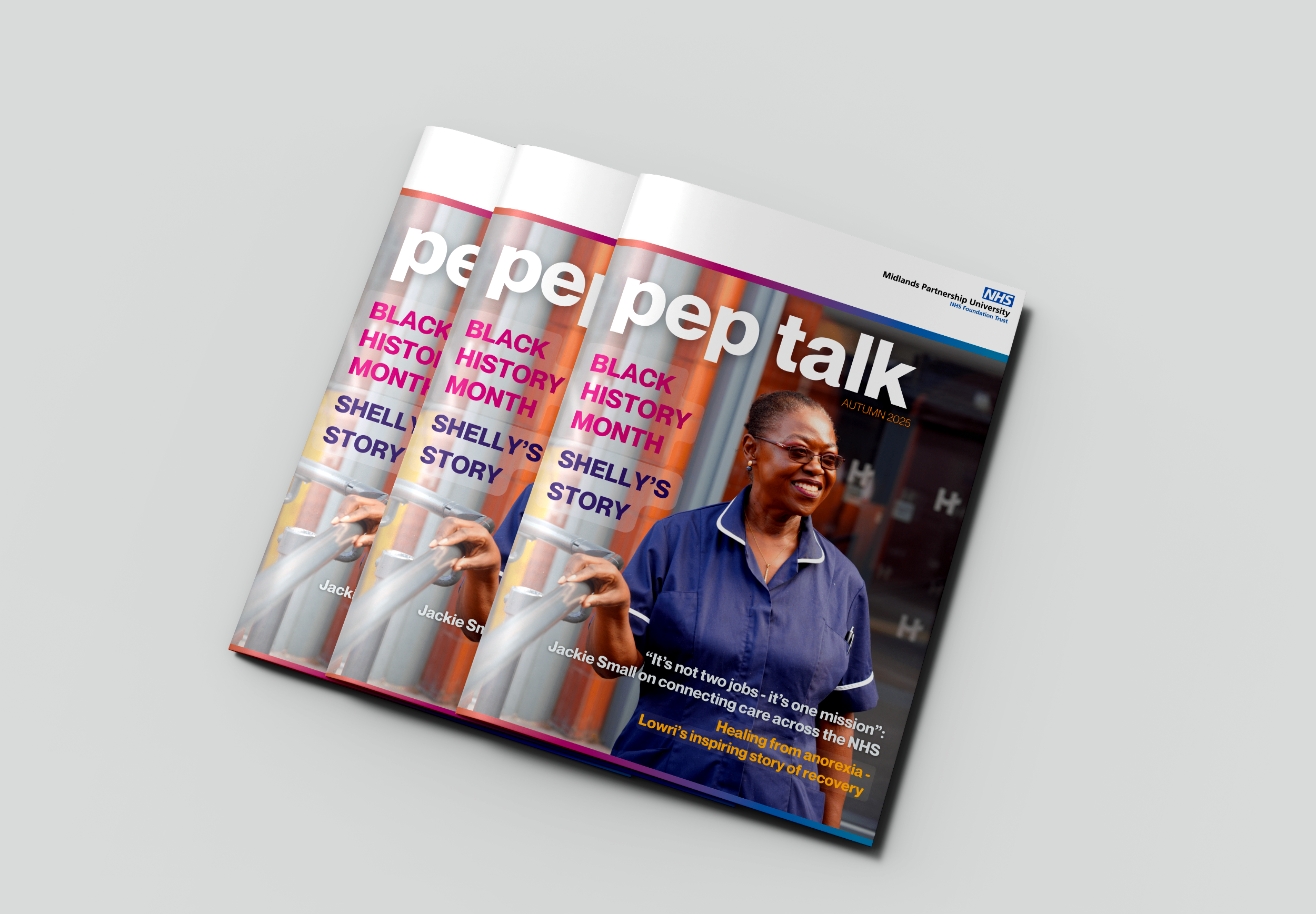You have the right to see, or have a copy, of your personal information.
You do not need to give a reason, and normally there will be no charge.
We may charge a 'reasonable fee' when a request is manifestly unfounded or excessive, particularly if it is repetitive.
We may also charge a reasonable fee to comply with requests for further copies of the same information.
Any fee will be based on the administrative cost of providing the information.
If you want to access your health records please log your request via our online portal. The portal contains various application forms and guidance on how to make your request. Further information can be found on the 'Your Rights' page (under 'Accessing your Health and Social Care Records').
You may also make a written request to the Trust's Subject Access Team at the following address:
Records Manager
Records Department
St. George's Hospital
Trust Headquarters
Corporation Street
Stafford
ST16 3SR
Email: health.records@mpft.nhs.uk
Telephone: 0300 790 7000
The Records Department can provide you with a paper form, however this is not a requirement as long as you provide us with the information we require to process your request. We can also take verbal requests for records.
We will normally provide your information within one month (four weeks) of receiving all the information we need to respond to your request. It maybe that we have to extend the time period by a further two months (eight weeks) if your request is complex, numerous, or large. We will inform you within the month of receipt if this is the case and explain why the extension is necessary.
Please be as detailed as possible when requesting information, for instance stating date ranges, appointment types, or specific letters.
Before records are released we will seek the advice of the consultant in charge of the patient care to ensure that no information about an individual's physical or mental health or condition will be released if it would be likely to cause harm to either them or another person's physical or mental health condition. We will also withhold information provided by third parties where we don't have consent to release it or where the patient has made it clear that they did not want the information disclosed.
Before providing any information we will need to verify your identity and may request further information from you so we may progress your query as quickly as possible.
Your right to be informed
This means you have a right to be informed about the way we collect and use your data.
Your right to rectification
This means you have the right to have inaccurate (incorrect or misleading as to any matter of fact) personal data corrected or completed.
Your right to have your personal information erased
This right is not absolute and only applies in certain circumstances.
You have the right to restrict the processing of your information in any one of the following circumstances:
- you contest the accuracy of your personal data and we are verifying the accuracy of the data.
- we no longer need the personal data but you need to keep it in order to establish, exercise, or defend a legal claim
- you have objected to the Trust processing your data under Article 21(1) of UK GDPR, and the Trust is considering whether the Trust's legitimate grounds override yours (the individual).
Your right to data portability
This means that you can request a secure transfer of your data to another Data Controller.
The right to data portability only applies when all the following apply:
- the automated means data is about you and that it was provided by you to the Trust
- where the processing is based on your consent or for the performance of a contract
- when processing is carried out by automated means
If the Trust provides your information to you under the right to portability no fee will be payable and the information will be provided within one month.
Your right to object
This means that you have the right to object to the Trust processing your data where the processing is based on all of the following:
- legitimate interests or the performance of a task in the public interest / exercise of official authority (including profiling)
- direct marketing (including profiling)
- processing for purposes of scientific / historical research and statistics
- you must have an objection on "grounds relating to your particular situation"
Your right to withdraw your consent
This means that once you have given your explicit consent for your information to be processed you have the right to both:
- withdraw your explicit consent for the processing of your information
- withdraw your consent by informing the department / team that took your consent (you can do this in writing or verbally)
Should you wish to discuss any of the rights listed above, then please e-mail infogov@mpft.nhs.uk.











